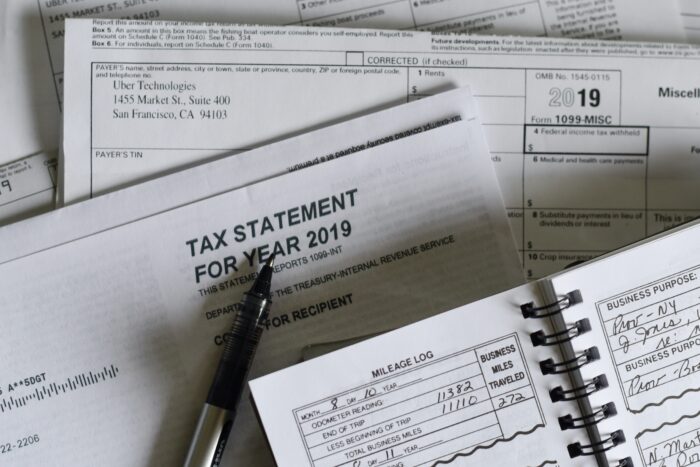Your Rights Under the Fair Debt Collection Practices Act (“FDCPA”)

Consumers who have fallen behind on paying their bills can often find themselves targeted by aggressive debt collectors who have been hired by their creditors. These situations can be confusing and stressful. There are laws in place to protect consumers – and make sure that they are properly informed during the debt collection process.
Wage Garnishment During a Debt Settlement Program

Wage garnishments are extremely rare in debt settlement programs. Here are some things to know about them and how we resolve them when they happen. WHAT IS WAGE GARNISHMENT? A wage garnishment is a legal proceeding through which a portion of a debtor’s earnings is withheld for the payment of a debt. This process allows […]
What To Say to Creditors While You Are in A Debt Settlement Program

If you are facing financial hardship, it is important for you to understand how to communicate with your creditors or debt collectors while you are in a debt settlement program. If you are enrolled in a debt settlement program, you must know how a debt settlement program works. During the program, you voluntarily will agree […]
Tax Implications During a Debt Settlement Program or Bankruptcy

Deb settlement programs and bankruptcy may have significant implications for your tax situation. HOW MAY A DEBT SETTLEMENT PROGRAM IMPACT YOUR TAXES? A debt settlement program can get a debtor out of debt fast and save them tens of thousands of dollars, but there are a couple of minor downsides, such as potential tax liability. […]
Consolidation Loans While In A Debt Settlement Program

Consumers who have fallen behind on paying their bills can often find themselves targeted by aggressive debt collectors who have been hired by their creditors. These situations can be confusing and stressful. There are laws in place to protect consumers – and make sure that they are properly informed during the debt collection process.
Understanding the FCRA and Your Rights

The Fair Credit Reporting Act (“FCRA”) was enacted by congress in 1970 with the goal of protecting consumers from inaccuracies, unfair reporting practices, and privacy breaches by credit reporting agencies. The FCRA helps to regulate the use of consumer reports by laying out rules covering dispute resolution, the dispersing of consumer information, how and when a party may request/use a consumer report, as well as various other consumer rights.
Understanding The FDCPA & Your Rights

The FDCPA, also known as the Fair Debt Collection Practices Act, was enacted in 1978 by Congress because of a finding of “abundant evidence of the use of abusive, deceptive, and unfair debt collection practices by many debt collectors” 15 U.S.C. § 1692. In broad terms the FDCPA was put into place in order to protect debtors from being harassed by debt collectors.
The Difference Between Debt Settlement And Debt Consolidation

Anyone facing large amounts of debt, is under a seemingly insurmountable level of pressure. Not only getting out of the debt seems daunting, but the options can be just as confusing and stress inducing as the debt itself. There are three terms most people are likely to hear when it comes to debt resolution…
How Debt Settlement Can Lead To Improved Credit

I cannot emphasize the importance of a good credit score enough, however when minimum payments are taking over your life, you are most likely one slip up away from damaging that score, and not in a position to enjoy the benefits of a high credit score.
